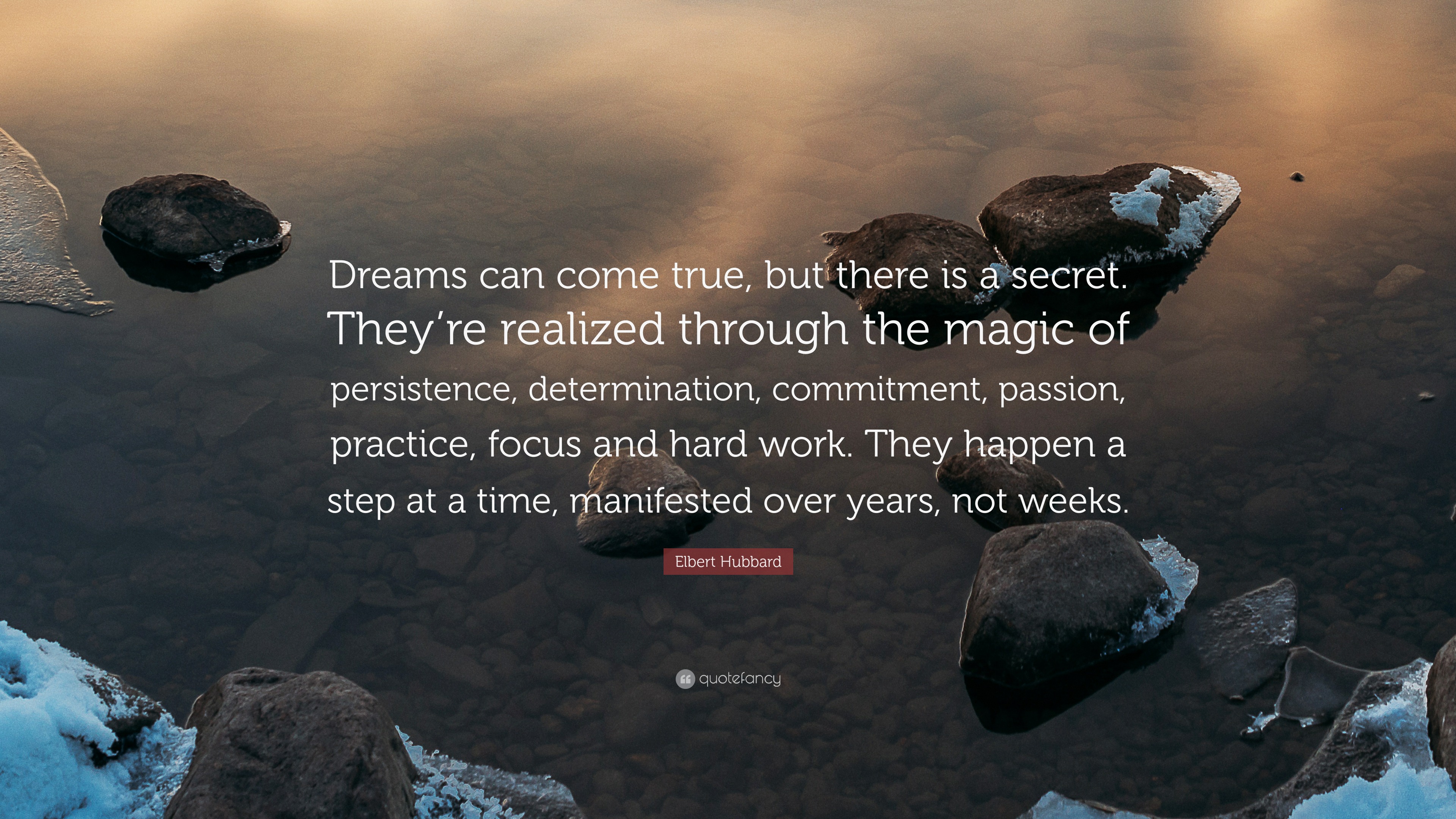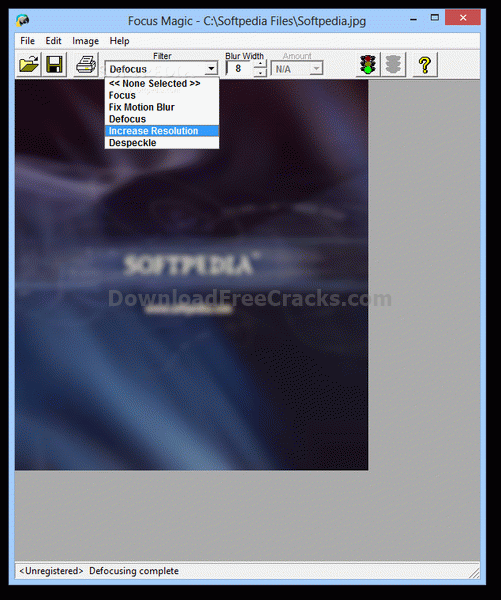

- #Focus magic does it work series#
- #Focus magic does it work free#
The remote collaboration startup Spatial, which has positioned itself as a VR / AR-based competitor to Zoom, launched a Magic Leap app last year and offered free access as part of a headset bundle in March. Wacom declined to discuss the details of its partnership, saying only that it would “keep working with Magic Leap toward the goal of making creators’ jobs as efficient as possible.” Meow Wolf, which is temporarily closed due to the pandemic, said it would “continue to pursue those relationships as it makes sense for our strategic approach moving forward.” AT&T didn’t offer a comment about its future plans.Īt least a few of the partners are still actively involved with Magic Leap. Some non-consumer-focused partners seemed noncommittal at best. The headset is still supposed to launch in Japan


Grordbort’s Invaders was up to Magic Leap, which owns the game, although “Weta Workshop is obviously keen to see the game continue to be developed and supported.” A Weta Workshop spokesperson said the future of Dr. Square Slice’s Twitter feed hasn’t been updated since 2018, and an email to its PR contact bounced. A spokesperson for Wayfair declined to comment on their deal. The University of Miami didn’t respond to a request for comment about its partnership. Spotify, Madefire, and Insomniac didn’t respond to questions about whether they would continue to maintain their apps after Magic Leap’s shift to enterprise. I checked on many of these partnerships, hoping to find hints as to the company’s future, and came away with little beyond proofs of concept. An app for visualizing furniture with Wayfair.A collaboration with virtual comics company Madefire.A “creative partnership” with comics author Grant Morrison’s studio Square Slice.A mixed reality music experience with the band Sigur Rós.A location-based entertainment collaboration with Meow Wolf.A joint research lab run with Lucasfilm special effects studio ILMxLAB.
#Focus magic does it work series#
A series of research grants for the University of Miami. A pair of projects with Insomniac Games, including the short 2018 game Seedling and a follow-up called Strangelets. A long-standing relationship with New Zealand effects studio Weta Workshop, which collaborated on a mixed reality shooter called Dr. An AT&T deal that would place Magic Leap demo units in AT&T stores and see headsets run on the carrier’s 5G network. While it could be secretive about the headset, it announced plenty of deals with telecoms, artists, musicians, app makers, and others, including: So the company’s vision became its most distinctive feature. According to a report from The Information, the company simply couldn’t translate all the unique optics that wowed early viewers - housed in a prototype nicknamed “The Beast” - into a wearable device. Magic Leap’s unique hardware was its original draw, but the Magic Leap One experience ended up feeling a lot like the HoloLens. That raises an uncomfortable question: with the starry-eyed vision stripped away, what does Magic Leap have left? Instead, the company is focused on products that can keep the company alive - business-focused applications built in the model of Microsoft’s HoloLens. As the company shifts into survival mode, the dream of a market-shifting creative platform (best represented by the Magic Leap One) seems to be dead - or, at the very least, indefinitely delayed. The following week, founder Rony Abovitz stepped down as CEO. On May 21st, the company laid off around 1,000 employees before getting a last-minute $350 million investment that many saw as a lifeline. Launched in 2018, the Magic Leap One headset should have been mixed reality’s moment to shine - but it couldn’t match the hype the company had created. Flush with hype, the company hired science fiction luminaries, designed a product from scratch, and beat Apple and Facebook to market. Wired tested the beta product in a closed demo and compared it to the Matrix or Snow Crash’s metaverse. The company had raised over $2 billion by promising incredible hardware that would open up a new artistic medium - the first plausible avatar for the long-held dream of mixed reality. In 2016, Magic Leap looked like it would change the world.







 0 kommentar(er)
0 kommentar(er)
